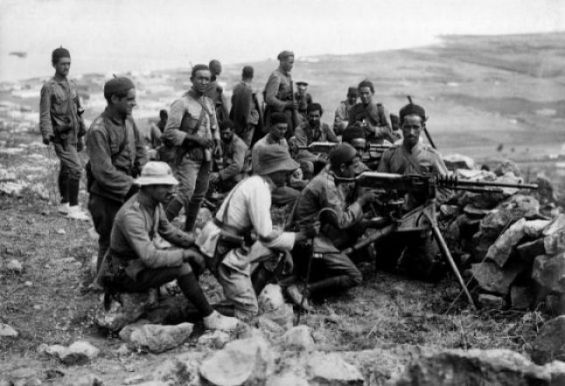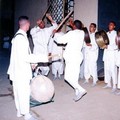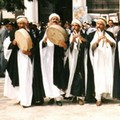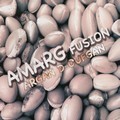The Spanish army, which this year commemorates the centenary of “The Melilla Campaign of 1921”, announced this week the organization of a contests. Sponsored by the Army Museum, the competition consists of showing the "design of a logo that will identify the activities that took place on the occasion of this anniversary", the army indicated on its website.
“The deadline for submitting logos ends February 19 at noon. The price for the author or authors of the winning logo is 1,500 euros”, the same source indicated, noting that the competition rules can be consulted in particular on the website of the General Command of Melilla.
The army explains that the objective of the competition is to design a "logo intended to be the representative image of the activities carried out on the occasion of the commemoration of the centenary of the 1921 Melilla campaign". “The logo will consist of a design that clearly represents the 1921 Melilla Campaign, the events that took place and the heroes who participated to it and the values they represent”, the same source added.
The celebration of a painful past
“The 1921 Melilla Campaign” celebrated by the Spanish army commemorates the confrontation between the Spaniards and the Moroccans of the Rif, marked in particular by the Battle of Anoual. During this battle, during which the Spanish army suffered a crushing defeat with more than 10,000 Spanish soldiers, General Manuel Fernández Silvestre had called on tens of thousands of soldiers to pacify the Beni Ouriaghel tribe. The Spaniards eventually abandoned the idea after the defeat, allowing Abdelkrim El Khattabi to establish the Republic of the Rif.
But the Rif War is also sadly famous for the number of civilians killed among the northern tribes. In addition to the massacres of the Riffians, there was the massive use of mustard gas and other asphyxiating gases prohibited by the Spanish army. Significant quantities of the lethal product were generously provided by France and Germany to end Abdelkrim El Khattabi's armed resistance.
In 2018, while NGOs still called on Spain to recognize its war crimes in the Rif, the Iberian country announced its desire to initiate with Morocco "a process of closing the wounds of each other". Wounds that risk being revived with this commemoration of such a painful event.
Madrid has never officially recognized its chemical bombardments in northern Morocco, although the inhabitants of the Rif still bear the scars of this war, with one of the highest cancer rates in the Kingdom.





 chargement...
chargement...













